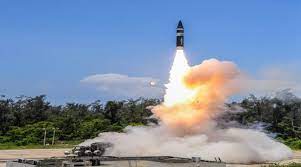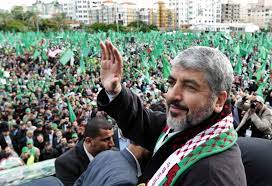On September 20, 1933, Cuba was embroiled in a violent and tumultuous period known as the Cuban Civil War. This conflict, which lasted for several months, marked a significant turning point in Cuban history and had far-reaching consequences for the country's political landscape.
The Cuban Civil War erupted in the aftermath of the overthrow of Cuban dictator Gerardo Machado, who had ruled the country with an iron fist for over a decade. Machado's oppressive regime had sparked widespread discontent among the Cuban population, leading to a series of protests and strikes demanding his removal from power.
On August 12, 1933, a military coup led by a group of officers and civilians known as the Sergeants' Revolt successfully ousted Machado. However, the power vacuum that ensued quickly led to a power struggle among various factions vying for control of the country.
One of the main factions involved in the civil war was the "ABC" coalition, which consisted of three political groups: the Authentic Party, the Orthodox Party, and the Liberal Party. These groups, united in their opposition to Machado's regime, initially joined forces to establish a provisional government. However, their alliance quickly dissolved as rivalries and ideological differences surfaced.
Another influential group in the conflict was the "Pentarchy," a coalition of military officers led by Fulgencio Batista. Batista, who would later become a prominent figure in Cuban politics, sought to consolidate his power and exert control over the country.
The civil war was characterized by intense fighting and political instability. Various factions and militias clashed in cities and rural areas across Cuba, leading to widespread violence and bloodshed. The conflict also saw the involvement of foreign powers, with the United States providing support to certain factions in an attempt to protect its interests in the region.
Ultimately, the civil war came to an end on January 15, 1934, when the Pentarchy emerged victorious and Batista assumed control of the Cuban government. Batista's rise to power marked the beginning of a new era in Cuban politics, as he would go on to dominate the country's political landscape for the next two decades.
The Cuban Civil War had profound implications for the country's future. It exposed deep divisions within Cuban society and highlighted the struggle for power and control among various political factions. It also served as a catalyst for significant political and social changes that would shape Cuba's trajectory in the years to come.
The aftermath of the civil war saw the consolidation of power under Batista's authoritarian regime, which would eventually lead to widespread corruption and economic inequality. These factors, along with growing discontent among the Cuban population, would pave the way for the Cuban Revolution led by Fidel Castro in 1959.
The Cuban Civil War of September 20, 1933, remains a significant chapter in Cuban history. It represents a time of political turmoil and violence, as well as a period of transition and struggle for power. The conflict served as a precursor to the larger political and social transformations that would define Cuba in the decades ahead.






